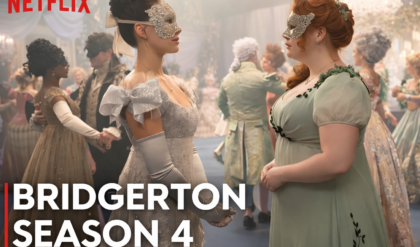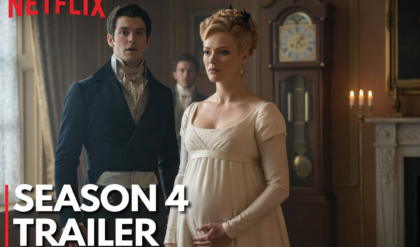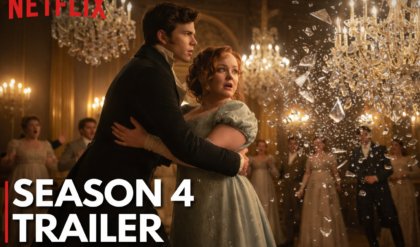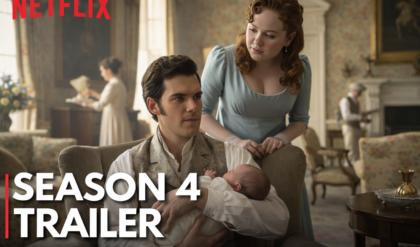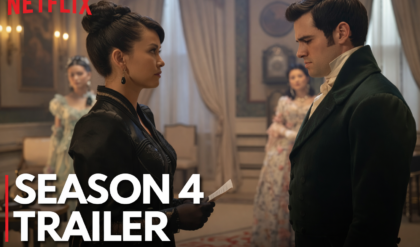
The 80/20 rule Adolescence references is inspired by true stories about a theory on misogynistic online incel forums suggesting that 80% of women are only attracted to 20% of men. According to this theory, the remaining 80% of men are left involuntarily celibate, unless they somehow manage to force women into a sexual encounter. Because of this credo, many self-described incels believe in committing violence against women to balance the equation. The murder in Adolescence is portrayed as a reaction by its perpetrator against the 80/20 rule that he believes himself to be a victim of.
Adolescence’s 80/20 Rule Comes From A Real Principle
The Pareto Principle States That 20% Of Causes Often Produce 80% Of An Effect
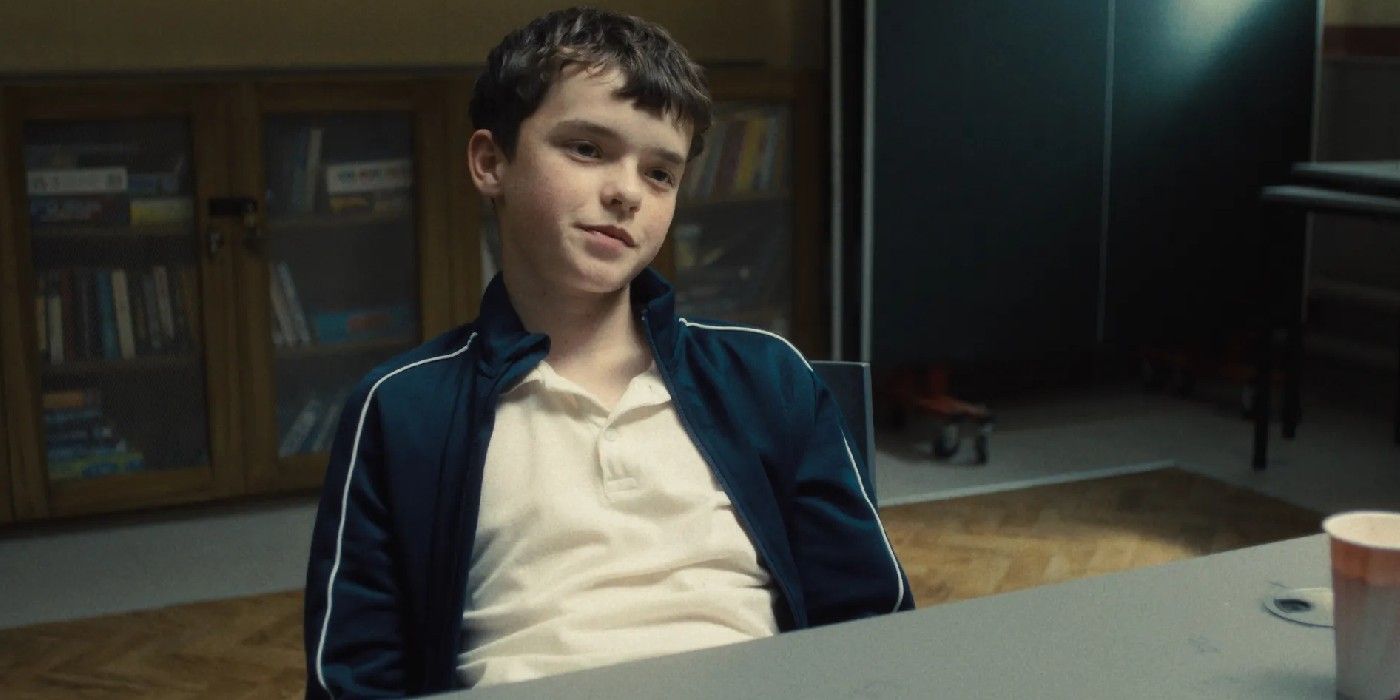

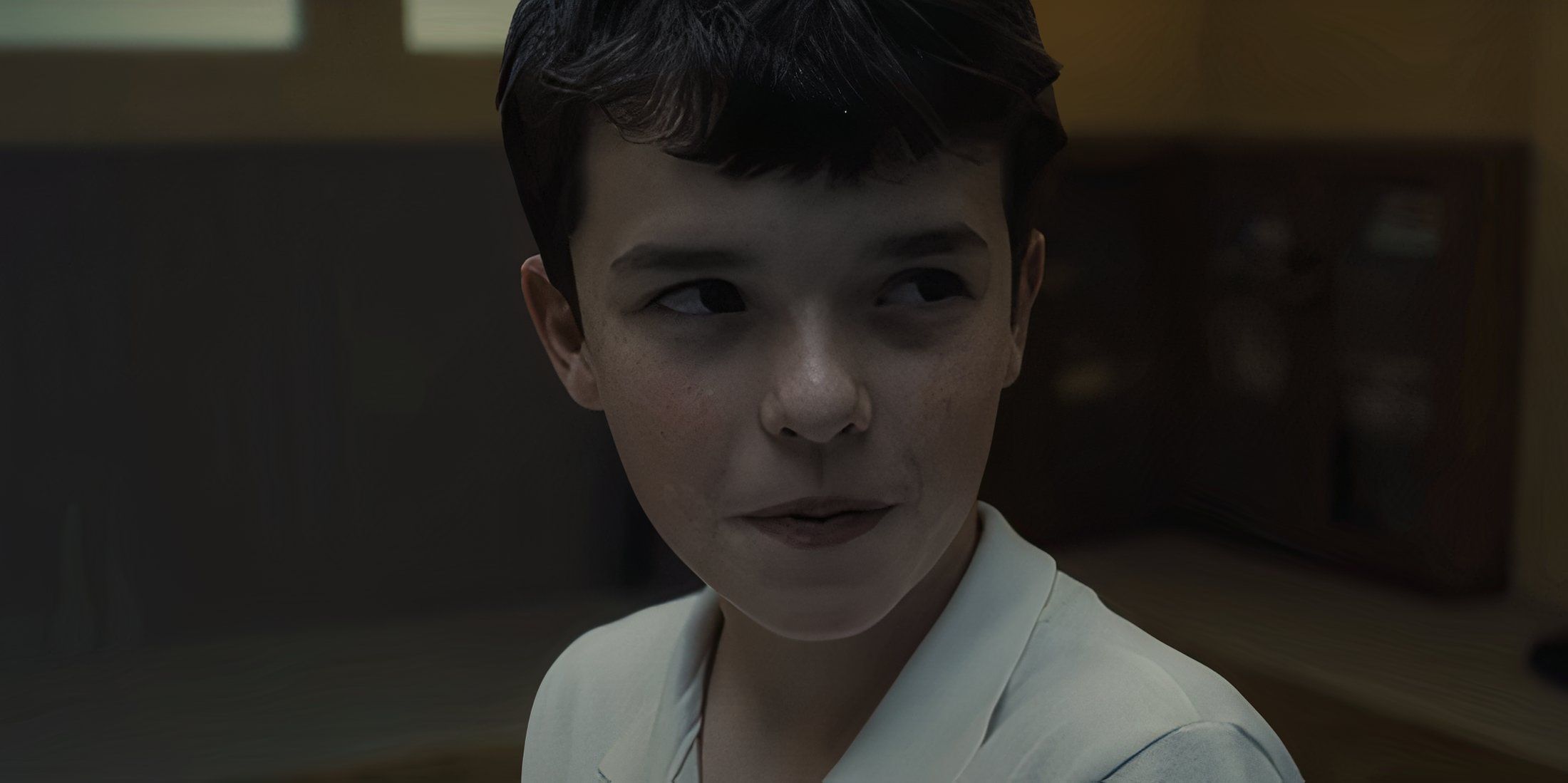



The 80/20 rule wasn’t invented by incel forums, and it isn’t specific to sexual attraction between men and women. It’s actually a mathematical principle first posited by Italian social scientist Vilfredo Pareto, and formalized by Romanian-American engineer Joseph M. Juran. Known as the Pareto principle after its originator, the rule dictates that 80% of effects come from 20% of causes. Juran refers to this 20% as the “vital few” that make the decisive difference in any given causal chain.
Vilfredo Pareto developed the principle when he observed that 80% of Italian land was owned by 20% of the country’s population.
The principle doesn’t apply in exact terms, but is a general thesis about the way a minority proportion of a given data set can fundamentally transform the results that the set produces. Of course, as Netflix’s Adolescence explains about incel culture, certain male chauvinists online try to apply this principle to male-female sexual relations.
There’s (Obviously) No Real Basis Behind The 80/20 Rule
The 80/20 Rule Doesn’t Apply To Male-Female Sexual Relations The Way Characters In Adolescence Suggest






In reality, there’s absolutely no basis behind the application of the 80/20 rule to the gender dynamics of sexual attraction. There’s no scientific evidence to back up the claim that 80% of women are only attracted to 20% of men. What’s more, the fact that there are roughly the same number of men and women in the world, most of whom are sexually active in adult life, is pretty strong evidence to refute this application of the 80/20 rule altogether.
In fact, a study published in 2019 by the Social Science Research Network journal suggests that there’s no hard evidence to support the Pareto principle being applied in areas of business, either. In any case, even if it does hold for certain aspects of economics, the principle has been taken and twisted into something else by incels, in order to support a conspiracy theory against the female gender.
Adolescence weaves this conspiracy theory into its narrative brilliantly, portraying its police detective unknowingly venturing into the terrifying world of misogynist internet subcultures from the outside, just as the show’s viewers are. It’s a remarkably powerful depiction of the real-life horrors that can stem from hateful, discriminatory ideologies proliferating online.
